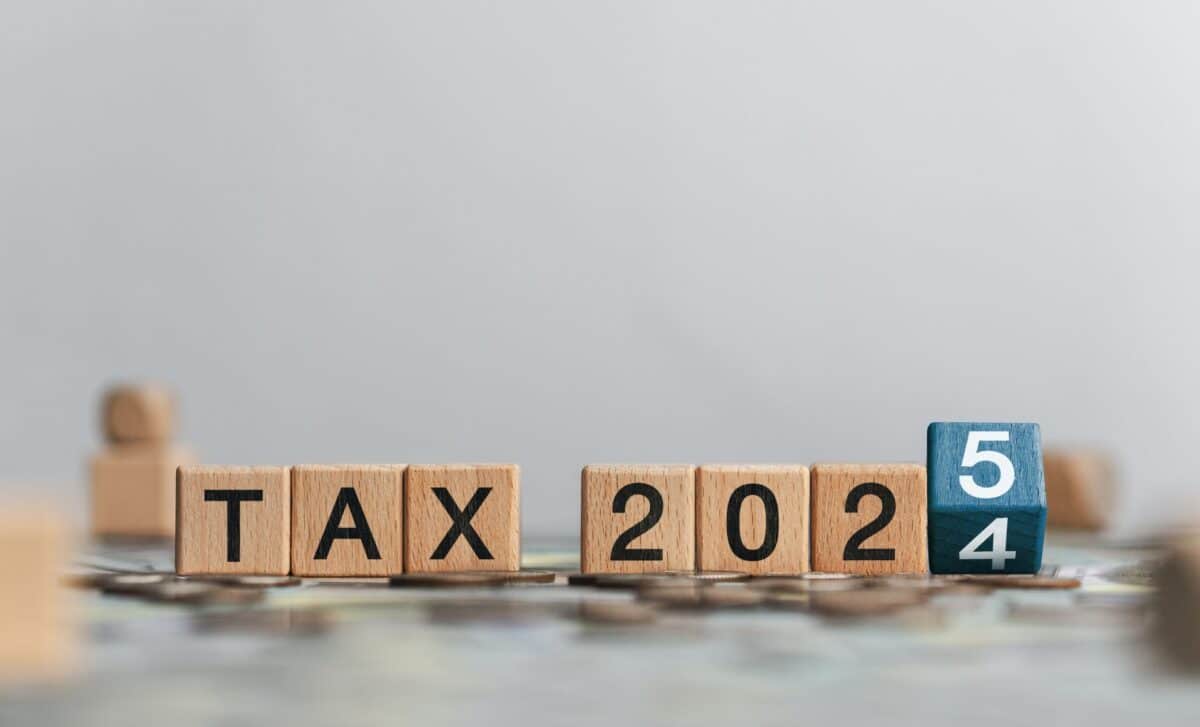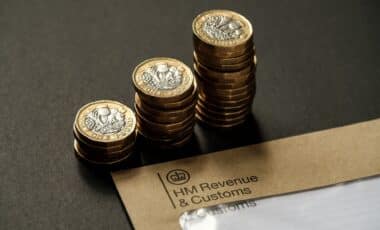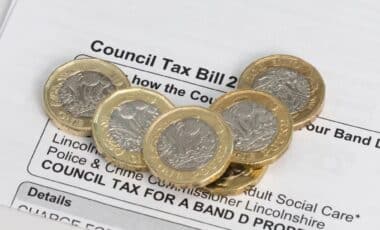Tax Freedom Day, the moment when Britons stop working for the taxman and begin earning for themselves, has been pushed further back this year, falling on June 12. This marks a worrying trend for workers, with the day arriving nearly three weeks later than it did in 2022, signalling a sharp rise in the UK’s tax burden.
For the average Briton, this day has increasingly become a symbol of the rising financial pressure caused by higher taxes. With figures showing that more people are being pushed into higher tax brackets due to frozen income tax thresholds, it’s clear that the tax load on workers is heavier than ever.
The Tax Burden Continues to Increase
According to the Adam Smith Institute, Tax Freedom Day in the UK has been slipping later into the year for several years. In 2021, it fell on May 24; by 2022, it had moved to June 8. Now, in 2023, it has slipped even further, indicating a steady increase in the tax load on citizens.
The biggest contributor to this shift has been the rise of stealth taxes. Sarah Coles, Head of Personal Finance at Hargreaves Lansdown, points to the freeze in income tax thresholds as a major factor.
This freeze has pushed millions more people into paying tax, and many into higher tax brackets, creating an effective “silent” tax hike that has been gradually eroding people’s income.
Additionally, government data reveals that income tax collections have surged in recent years. In 2024/25, 37.7 million taxpayers handed over £301.9 billion in income tax, marking a 10% increase in just one year.
A Tax Strategy for the Modern Investor
As taxes on income, dividends, and capital gains rise, financial experts are advising individuals to take proactive steps to minimise their exposure. Sarah Coles outlines several strategies, including boosting pension contributions and using ISAs (Individual Savings Accounts) to shield earnings from higher taxes.
Pensions are particularly useful, with individuals able to contribute up to £60,000 annually while receiving tax relief at their highest rate. Another option is salary sacrifice schemes, where employees can convert part of their salary into pension contributions, thus avoiding income tax and National Insurance on that amount.
For investors, Coles advises utilising ISAs to protect income-generating assets, as both dividends and interest earned within these accounts are tax-free. For those facing higher taxes on capital gains, she suggests strategically selling assets to stay within the £3,000 capital gains tax allowance.
With taxes increasing across multiple fronts, these strategies offer a potential lifeline for individuals hoping to reduce their overall tax burden.
In a period of escalating financial challenges, Tax Freedom Day serves as a stark reminder of the growing strain placed on workers and investors. The increasing tax burden is reshaping the financial landscape in the UK, and it remains to be seen when, if ever, this trend will reverse.









